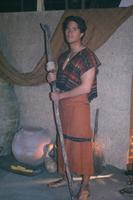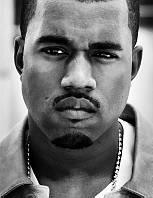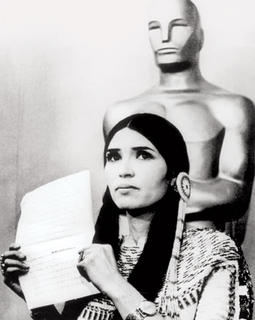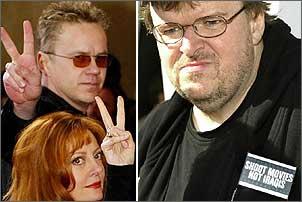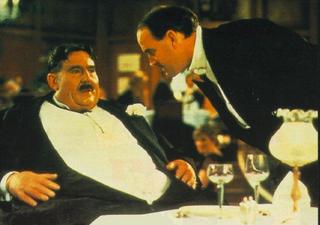The other night, A and I were discussing novels and film. We talked about why we read and/or watch movies. I said that we learn when we read books and watch movies and that's why we keep reading books and watching movies. He contends that the only reason he reads or watches movies is simple entertainment. He goes to the movies to forget his life and be absorbed in something fun. (A, if you read this and I've misrepresented your thoughts, please feel free to comment and rectify.)The reader will notice that I am currently reading a book by Azar Nafisi. In this book she says, "...what we search for in fiction is not so much reality but the epiphany of truth." This perhaps sounds very high minded, but really, why do we return again and again to story if not because on some deep spiritual level, we need it. Granted, I do not say, "Let's go see
Batman Begins. I can't wait to see what I'll learn from it." But I am always grateful when I do leave a film (or finish a book) and feel I have greater insight in to myself or the world in which I live.
Robert McKee, the well known instructor of screenwriting, has much to say on this subject. And I agree with him, so I will quote him.
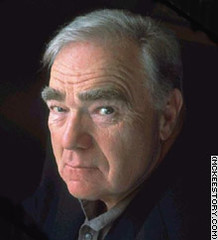
"To retreat behind the notion that the audience simply wants to dump its troubles at the door and escape reality is a cowardly abandonment of the artist's responsibility. Story isn't a flight from reality but a vehicle that carries us on our search for reality, our best effort to make sense out of the anarchy of existence."
I love stories. I love to imagine myself as a hero. I love to get angry at well formed villians. I love that I can laugh and cry and roll my eyes at idiocy. Why, though? Because the stories resonate with my life experience. And often resonate with the life experience that I can no longer remember. Jesus taught in parables so that each person could take meaning from it on the level of understanding he had acheived. Reading a book or watching a movie is never the same twice.
Robert McKee said that humans are constantly trying to understand our exsistence. We have done it through philosophy, science, religion and art. "But today who reads Hegel and Kant without an exam to pass? Science, once the reat explicator, garbles life with complexity and perplexity. Who can listen without cynicism to economists, sociologists, politicians? Religion, for many, has become an empty ritual that masks hypocrisy. As our faith in traditional ideologies diminishes, we turn to the source we still believe in: the art of story...Our appetite for story is a reflection of the profound human need to grasp the patterns of living, not merely as an intellectual exercise, but within a very personal, emotional experience. In the words of playwright Jean Anouilh, 'Fiction gives life its form.'"
So am I not entertained when I go to the movies? Do I approach each work of fiction as a tool to comprehend the complexity and chaos of life? No, of course not. That is why stories are so powerful. They
are entertaining. Maybe I do escape my life in the midst of the experience. But they stay with me. I accept and reject their ideologies. I change my perspective after having seen or read some stories. Over time, much of my character is shaped as a result of assimilating stories.
It is too bad some squander this awesome stewardship by creating empty, vapid works. But, on the other hand, perhaps what is empty and vapid to one could be very meaningful to another.

